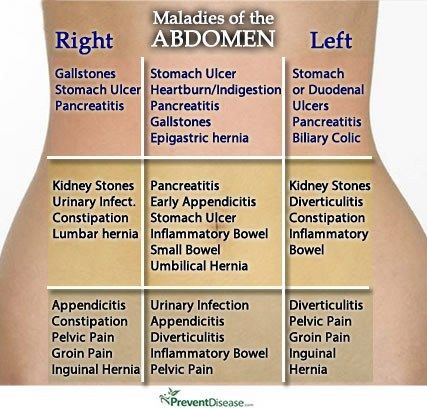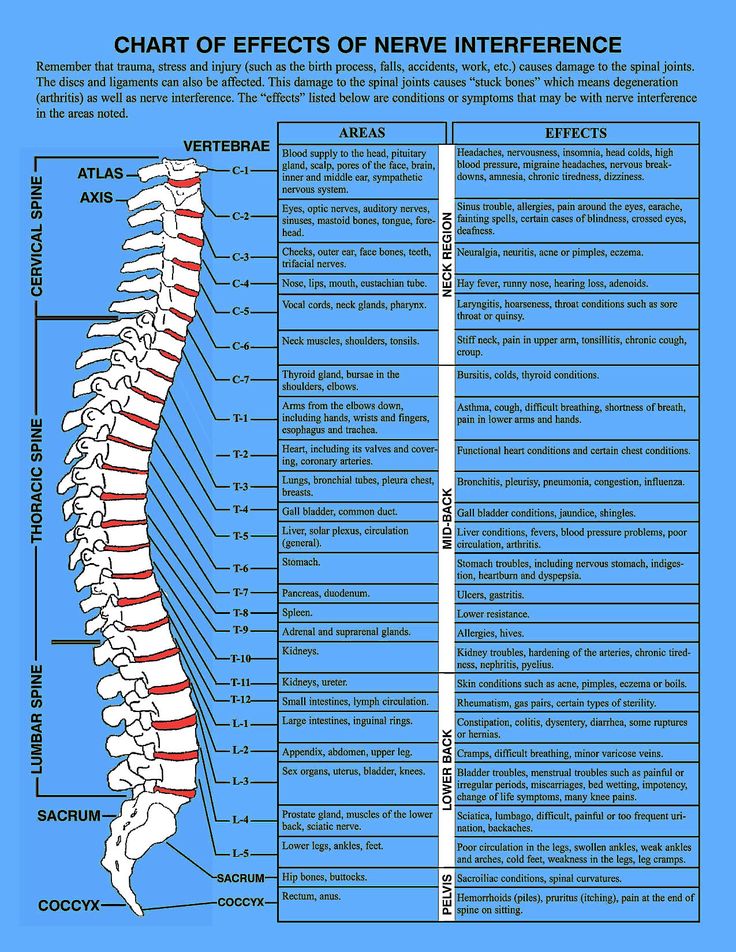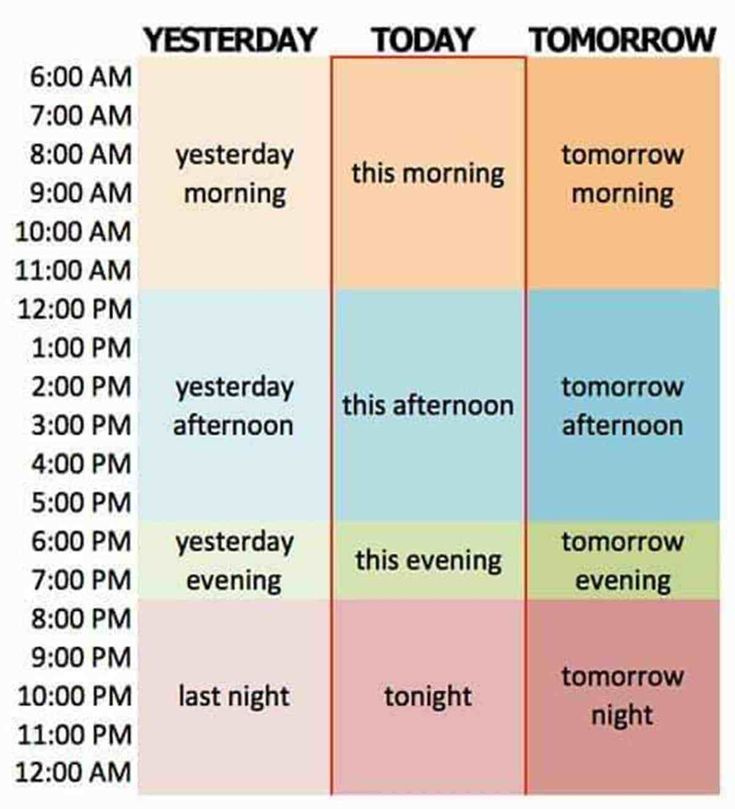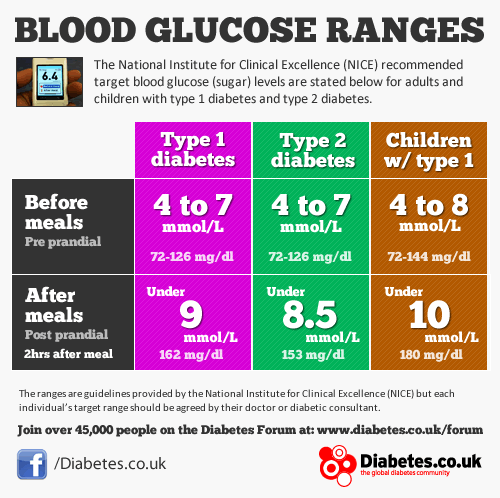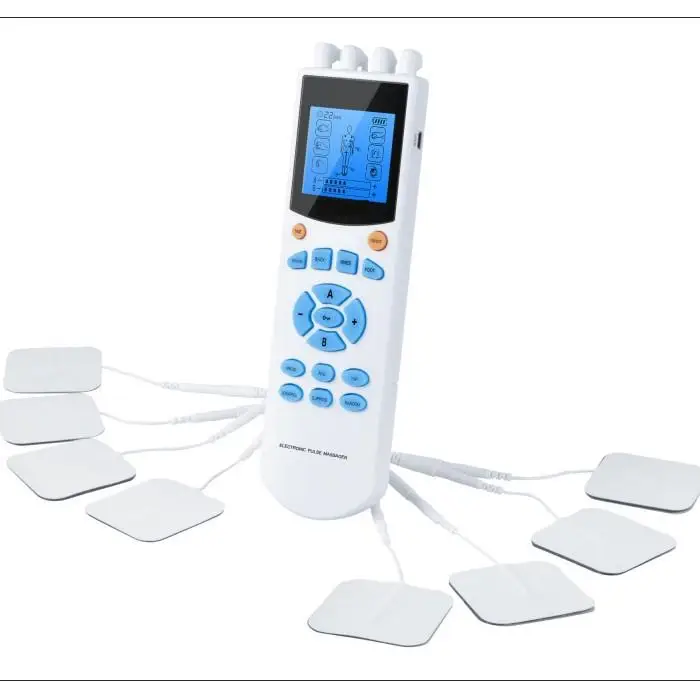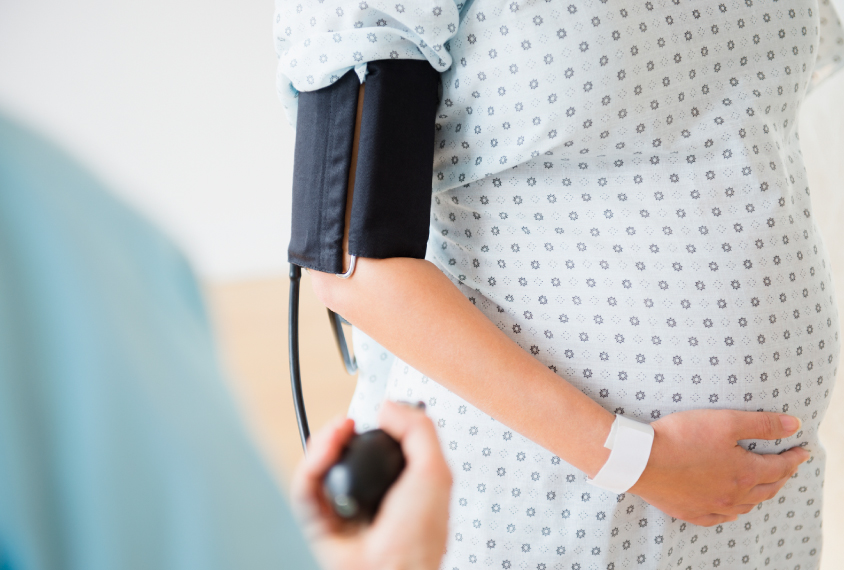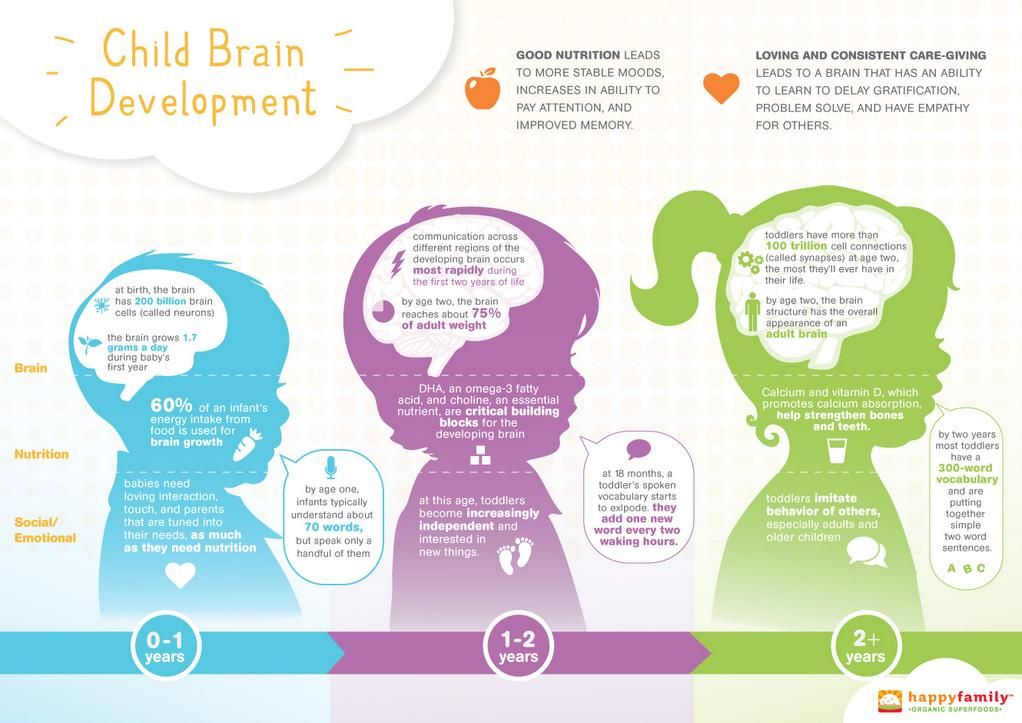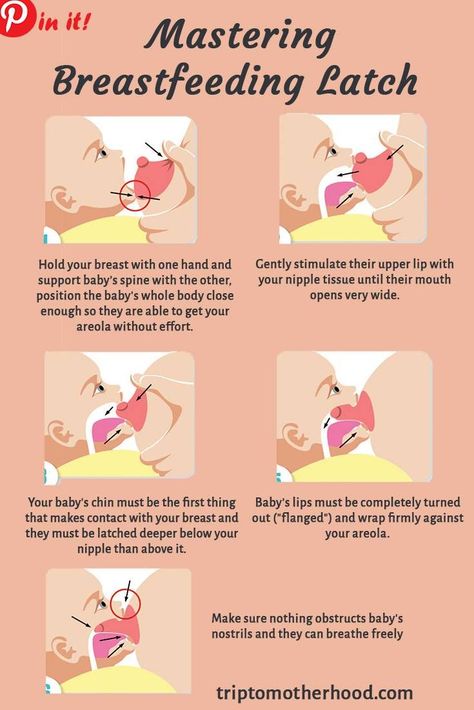Indigestion pain during pregnancy
Indigestion and heartburn in pregnancy
Indigestion, also called heartburn or acid reflux, is common in pregnancy. It can be caused by hormonal changes and the growing baby pressing against your stomach.
You can help ease indigestion and heartburn by making changes to your diet and lifestyle, and there are medicines that are safe to take in pregnancy.
Symptoms of indigestion and heartburn
Symptoms of indigestion and heartburn include:
- a burning sensation or pain in the chest
- feeling full, heavy or bloated
- burping or belching
- feeling or being sick
- bringing up food
Symptoms usually come on soon after eating or drinking, but there can sometimes be a delay between eating and developing indigestion.
You can get symptoms at any point during your pregnancy, but they are more common from 27 weeks onwards.
Things you can do to help with indigestion and heartburn
Changes to your diet and lifestyle may be enough to control your symptoms, particularly if they are mild.
Eat healthily
You're more likely to get indigestion if you're very full.
If you're pregnant, it may be tempting to eat more than you would normally, but this may not be good for you or your baby.
Find out more about a healthy diet in pregnancy and foods to avoid.
Change your eating and drinking habits
You may be able to control your indigestion with changes to your eating habits.
It can help to eat small meals often, rather than larger meals 3 times a day, and to not eat within 3 hours of going to bed at night.
Cutting down on drinks containing caffeine, and foods that are rich, spicy or fatty, can also ease symptoms.
Keep upright
Sit up straight when you eat. This will take the pressure off your stomach. Propping your head and shoulders up when you go to bed can stop stomach acid coming up while you sleep.
Stop smoking
Smoking when pregnant can cause indigestion, and can seriously affect the health of you and your unborn baby.
When you smoke, the chemicals you inhale can contribute to your indigestion. These chemicals can cause the ring of muscle at the lower end of your gullet to relax, which allows stomach acid to come back up more easily. This is known as acid reflux.
Smoking also increases the risk of:
- your baby being born prematurely (before week 37 of your pregnancy)
- your baby being born with a low birthweight
- sudden infant death syndrome (SIDS), or "cot death"
There's lots of help available to stop smoking.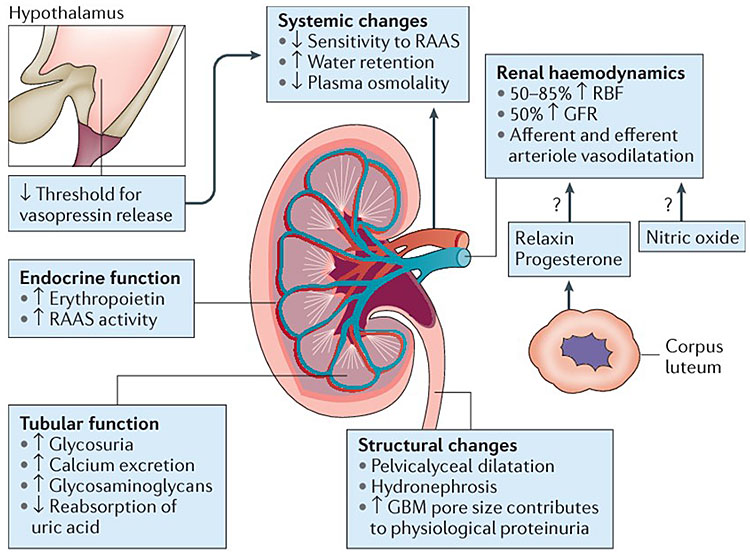 Talk to your midwife or call the NHS Smokefree helpline on 0300 123 1044. Find out more about stopping smoking in pregnancy.
Talk to your midwife or call the NHS Smokefree helpline on 0300 123 1044. Find out more about stopping smoking in pregnancy.
Avoid alcohol
Drinking alcohol can cause indigestion. During pregnancy, it can also lead to long-term harm to the baby. It's safest to not drink alcohol at all in pregnancy.
Find out more about alcohol and pregnancy
When to get medical help
See your midwife or GP if you need help managing your symptoms or if changes to your diet and lifestyle do not work. They may recommend medicine to ease your symptoms.
You should also see your midwife or GP if you have any of the following:
- difficulty eating or keeping food down
- weight loss
- stomach pains
Your midwife or GP may ask about your symptoms and examine you by pressing gently on different areas of your chest and stomach to see whether it's painful.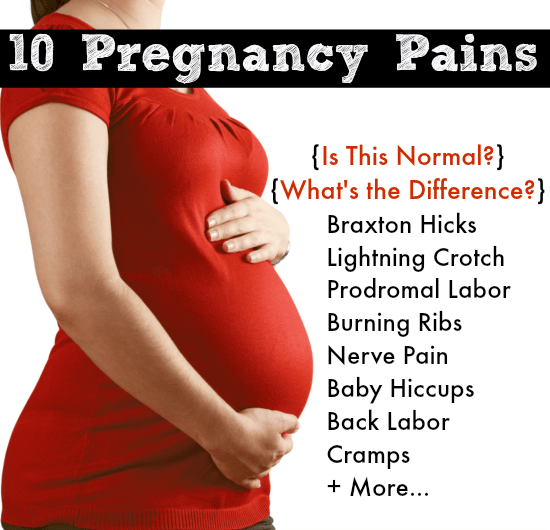
If you're taking prescription medicines
Speak to your GP if you're taking medicine for another condition, such as antidepressants, and you think it may be making your indigestion worse. They may be able to prescribe an alternative medicine.
Never stop taking a prescribed medicine unless you're advised to do so by your GP or another qualified healthcare professional who's responsible for your care.
Medicines for indigestion and heartburn
Medicines for indigestion and heartburn during pregnancy include:
- antacids – to neutralise the acid in your stomach (some are available over the counter from a pharmacist)
- alginates – to relieve indigestion caused by acid reflux by stopping the acid in your stomach coming back up your gullet
You may only need to take antacids and alginates when you start getting symptoms.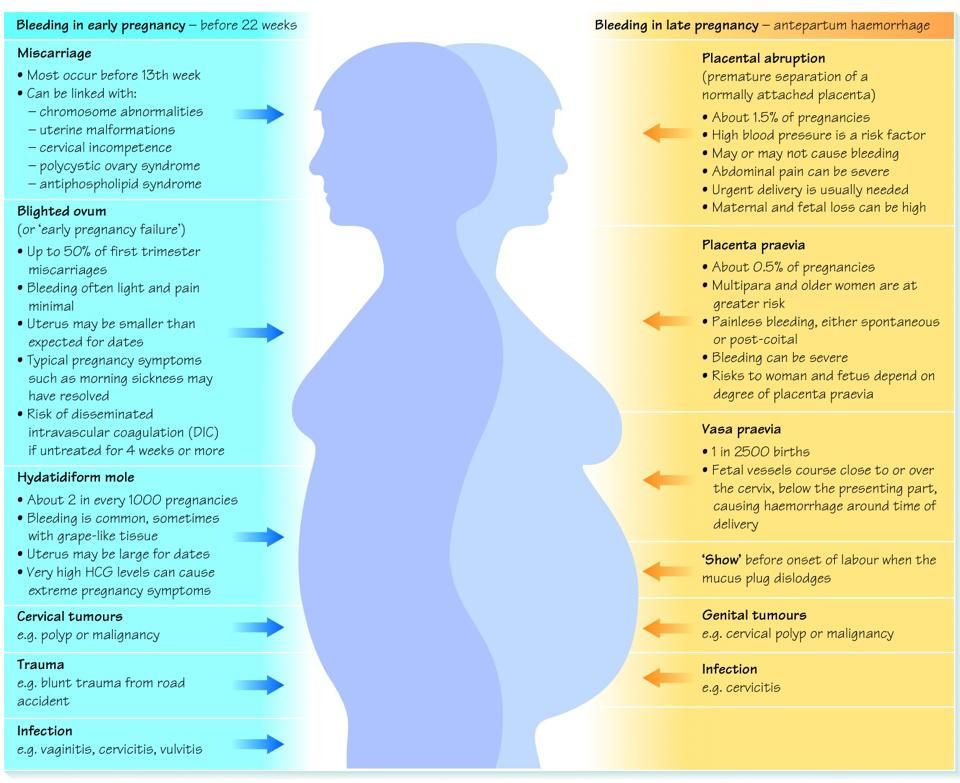 However, your GP may recommend taking them before symptoms come on – for example, before a meal or before bed.
However, your GP may recommend taking them before symptoms come on – for example, before a meal or before bed.
If you're taking iron supplements as well as antacids, do not take them at the same time. Antacids can stop iron from being absorbed by your body.
If antacids and alginates do not improve your symptoms, your GP may prescribe a medicine to reduce the amount of acid in your stomach. 2 that are widely used in pregnancy and not known to be harmful to an unborn baby are:
- ranitidine – a tablet you take twice a day
- omeprazole – a tablet you take once a day
Causes of indigestion in pregnancy
Symptoms of indigestion come when the acid in your stomach irritates your stomach lining or your gullet. This causes pain and a burning feeling.
When you're pregnant, you're more likely to have indigestion because of:
- hormonal changes
- the growing baby pressing on your stomach
- the muscles between your stomach and gullet relaxing, allowing stomach acid to come back up
You may be more likely to get indigestion in pregnancy if:
- you had indigestion before you were pregnant
- you've been pregnant before
- you're in the later stages of pregnancy
Video: Eating well on a budget
In this video, a dietitian gives advice on how to eat healthily on a budget.
Media last reviewed: 13 January 2021
Media review due: 13 January 2024
Indigestion and heartburn in pregnancy
Indigestion and heartburn in pregnancy | Pregnancy Birth and Baby beginning of content6-minute read
Listen
Key facts
- Indigestion (dyspepsia) is a feeling of pain or discomfort in your stomach, while heartburn is a burning pain in your stomach and chest caused by stomach acid.
- Heartburn is very common in pregnancy because of hormonal changes and your uterus pressing up against your stomach as your baby grows.
- Heartburn is often triggered by fatty or spicy foods, caffeine, chocolate or citrus fruit juice.
- You can try to avoid heartburn by eating small meals more often, eating slowly, not lying down or exercising after meals and sleeping on several pillows.
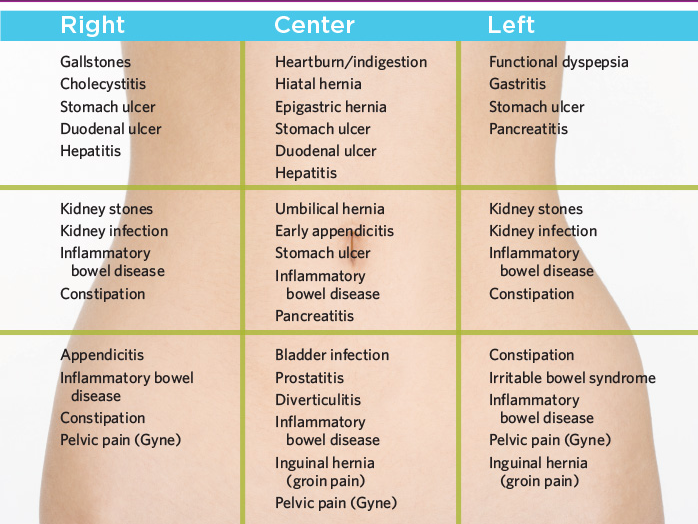
- There are medicines you can use to control indigestion and heartburn, so see your doctor if your symptoms don’t settle down on their own.
What are indigestion and heartburn?
Indigestion and heartburn are symptoms that are very common in pregnancy. If you’re pregnant, you have an 8 in 10 chance you will experience these symptoms at some point in your pregnancy.
Indigestion, also called 'dyspepsia', is a feeling of pain or discomfort in your stomach . This mostly occurs after eating or drinking.
Heartburn, also known as reflux, is a burning pain in your stomach or chest going up towards your throat. It’s caused by stomach acid coming up your oesophagus (the tube that connects your mouth to your stomach). The acid irritates the lining of your oesophagus.
Sometimes food might come back up from your stomach into your mouth. You might also notice a bitter taste in your mouth.
Why might I get heartburn when I’m pregnant?
Heartburn may be caused by changes in your hormone levels. One of the pregnancy hormones, called progesterone, can relax the muscle that usually holds your oesophagus closed where it meets your stomach. This allows food and acid from your stomach to go back up your oesophagus.
One of the pregnancy hormones, called progesterone, can relax the muscle that usually holds your oesophagus closed where it meets your stomach. This allows food and acid from your stomach to go back up your oesophagus.
Heartburn becomes more common as your pregnancy progresses. This can happen when your uterus (womb) pushes up against your stomach as your baby grows. This also pushes the contents of your stomach up into your oesophagus.
You’re more likely to get heartburn during pregnancy if you’ve had a baby before or if you get heartburn when you’re not pregnant.
What kinds of things will give me heartburn?
Heartburn can be triggered by what you eat and drink, such as:
- a big meal
- high-fat foods
- spicy foods
- chocolate
- citrus fruit juices
- drinks containing caffeine, including coffee, tea and cola
- alcohol (which is not recommended in pregnancy)
Other things that may trigger heartburn include:
- doing exercise soon after eating
- lying down after eating
- feeling anxious
Because everyone is different, it's a good idea to take note of the particular foods, drinks or activities that give you heartburn while you are pregnant.
Can heartburn hurt my baby?
Heartburn usually won’t cause any problems for your baby, but it’s uncomfortable for you.
A healthy diet is important for both your and your baby’s health. If heartburn is making it hard to eat healthy food, it’s best to treat it.
How can I avoid getting heartburn?
If your symptoms are mild, changing how you eat may help prevent heartburn. You could try:
- eating smaller meals more often and eating slowly
- avoiding eating for 2 or 3 hours before exercise or going to bed
- avoiding foods and drinks that give you heartburn
- avoiding eating and drinking at the same time, which can make your stomach more full
- sitting up straight while eating and not lying down after a meal
- raising the head of your bed or sleeping on at least 2 pillows
- sleeping on your left side
You might find it helpful to chew gum, which makes you produce more saliva to help neutralise the acid from your stomach.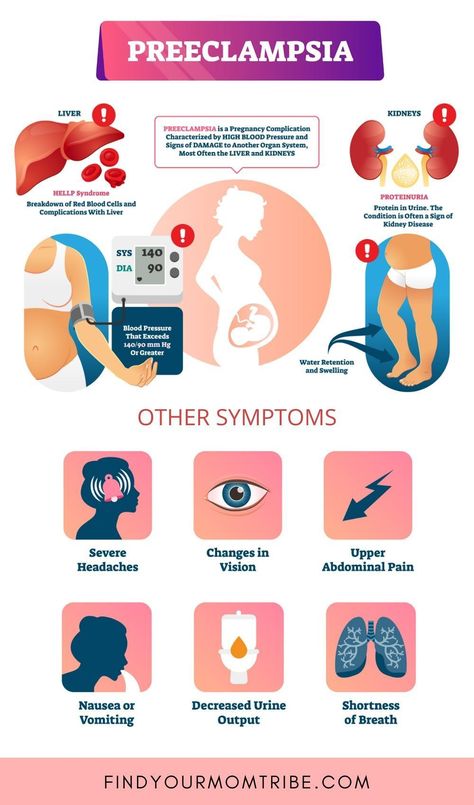 Drinking milk can also help neutralise acid.
Drinking milk can also help neutralise acid.
Is there any medicine I can take?
If your heartburn doesn’t improve by changing how you eat, your doctor or midwife may suggest that you take medicine for it.
Antacids are the first type of medicine to try. They can relieve your symptoms quickly. Antacids are safe in pregnancy as long as you don’t take more than the recommended dose. There are many different types — talk to your pharmacist to find one that’s most suitable for you.
If antacids don’t control your symptoms, speak to your doctor about other medicines you can take.
When should I see a doctor?
If your heartburn symptoms don't go away with medicine, it's important to see your doctor. A serious pregnancy condition called pre-eclampsia can cause pain under your ribs and a feeling of heartburn.
You should also see your doctor immediately if:
- you are vomiting up blood
- you are losing weight
- swallowing is painful or difficult
CHECK YOUR SYMPTOMS — Use the Symptom Checker and find out if you need to seek medical help.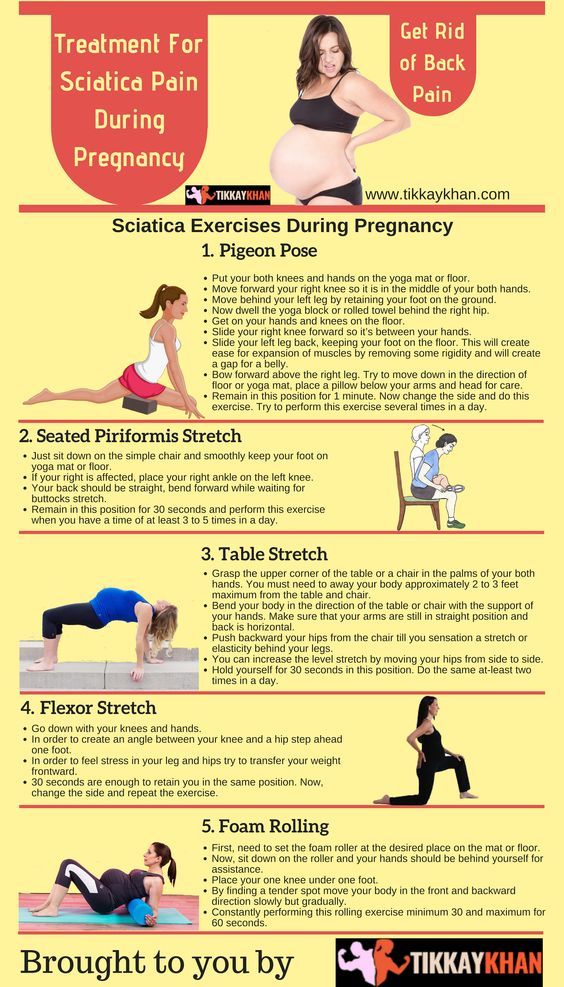
FIND A HEALTH SERVICE — The Service Finder can help you find doctors, pharmacies, hospitals and other health services.
Speak to a maternal child health nurse
Call Pregnancy, Birth and Baby to speak to a maternal child health nurse on 1800 882 436 or video call. Available 7am to midnight (AET), 7 days a week.
Sources:
Australian Government Department of Health and Aged Care (Pregnancy care guidelines – reflux (heartburn)), NSW Health (Heartburn in pregnancy and breastfeeding), NSW Government (Having a baby), King Edward Memorial Hospital (Minor symptoms or disorders in pregnancy), Mater Mothers (Managing pregnancy discomforts), Pharmaceutical Society of Australia (Heartburn and indigestion), MSD Manual (Dyspepsia), RANZCOG (Pre-eclampsia and high blood pressure during pregnancy)Learn more here about the development and quality assurance of healthdirect content.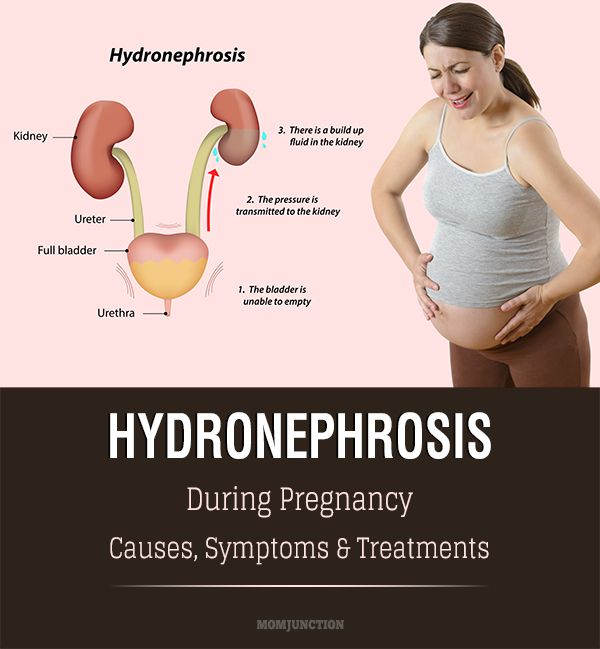
Last reviewed: September 2022
Back To Top
Related pages
- Common discomforts during pregnancy
- Pre-eclampsia
Need more information?
Heartburn in pregnancy | Parenthub
Pregnancy might be a beautiful miracle but it can also be an uncomfortable one, especially when you are experiencing the worst heartburn of your life. And though we may not be able to help you with arguments over baby names or even 'cankles', we can help you with ins and outs of heartburn ... pun intended.
Read more on Parenthub website
Heartburn in Pregnancy | HealthEngine Blog
Heartburn is a symptom commonly experienced by pregnant women such that some women and obstetricians even consider it to be a normal occurrence in a healthy pregnancy.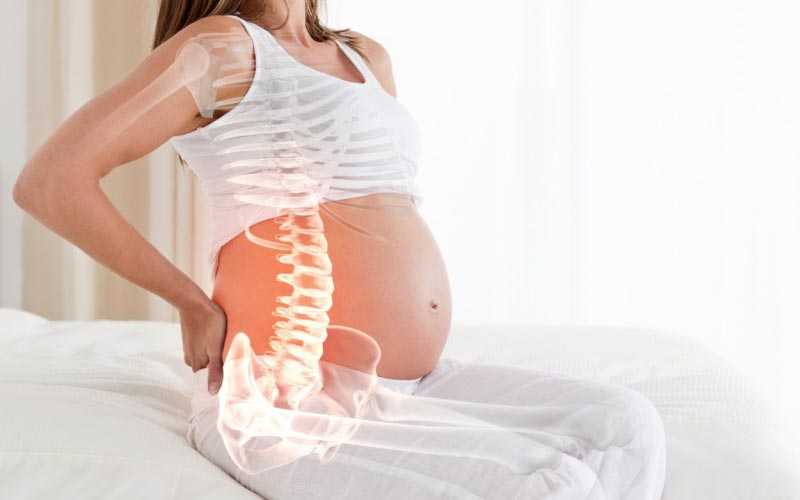
Read more on HealthEngine website
5 weeks pregnant: Changes for mum
Week 5 of pregnancy is probably when you’ll know that you’re pregnant because your period is missing. There are also subtle changes in your body which are symptoms of pregnancy such as changes to your breasts, and pregnancy symptoms like morning sickness and pregnancy heartburn. These changes are caused by pregnancy hormones, like hCG (human chorionic gonadotropin, produced by the placenta) which is the hormone detected by a pregnancy test.
Read more on Parenthub website
Pregnancy at week 28
You are now in the third trimester and you'll probably be feeling many of the common discomforts of pregnancy, like a sore back, swelling, heartburn or cramps.
Read more on Pregnancy, Birth & Baby website
Pregnancy at week 21
At week 21, you should consider whether to do any travel since you may not be able to for much longer in your pregnancy.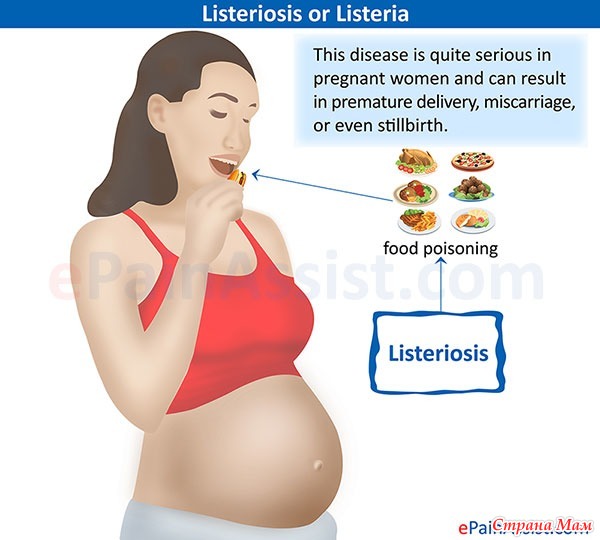
Read more on Pregnancy, Birth & Baby website
Pregnancy at week 13
At week 13 of pregnancy, you officially enter your second trimester and hopefully any morning sickness has eased off.
Read more on Pregnancy, Birth & Baby website
Pregnancy nausea and morning sickness remedies
Nausea and vomiting in pregnancy are common and affect women differently. Dr Joe discusses the causes and morning sickness remedies in this video.
Read more on Parenthub website
Pregnancy at week 25
As you are approaching the end of the second trimester, you might be starting to feel a bit uncomfortable as your baby continues to grow.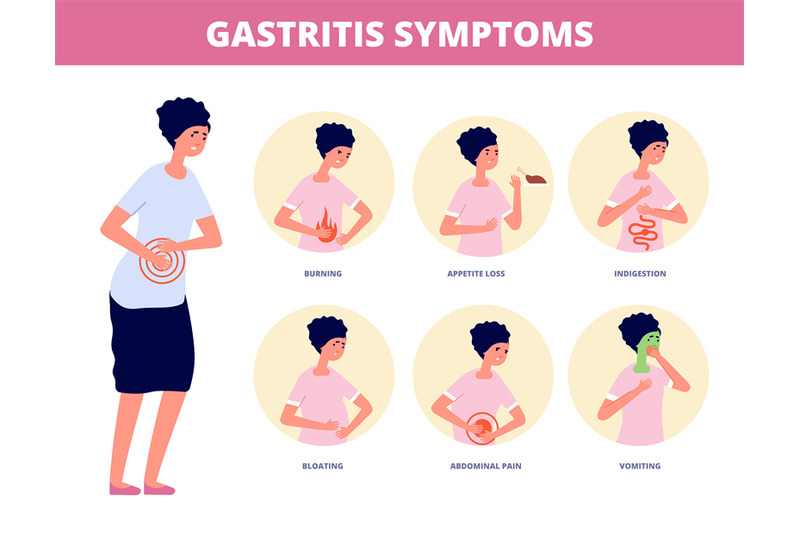
Read more on Pregnancy, Birth & Baby website
Pre-eclampsia and High Blood Pressure During Pregnancy
During pregnancy, very high blood pressure (severe hypertension) can cause complications for both you and your baby
Read more on RANZCOG - Royal Australian and New Zealand College of Obstetricians and Gynaecologists website
Pregnancy - signs and symptoms - Better Health Channel
All women experience pregnancy differently, and you will experience different symptoms at different stages of your pregnancy.
Read more on Better Health Channel website
Disclaimer
Pregnancy, Birth and Baby is not responsible for the content and advertising on the external website you are now entering.
Need further advice or guidance from our maternal child health nurses?
1800 882 436
Video call
- Contact us
- About us
- A-Z topics
- Symptom Checker
- Service Finder
- Subscribe to newsletters
- Sign in
- Linking to us
- Information partners
- Terms of use
- Privacy
Pregnancy, Birth and Baby is funded by the Australian Government and operated by Healthdirect Australia.
Pregnancy, Birth and Baby’s information and advice are developed and managed within a rigorous clinical governance framework.
This site is protected by reCAPTCHA and the Google Privacy Policy and Terms of Service apply.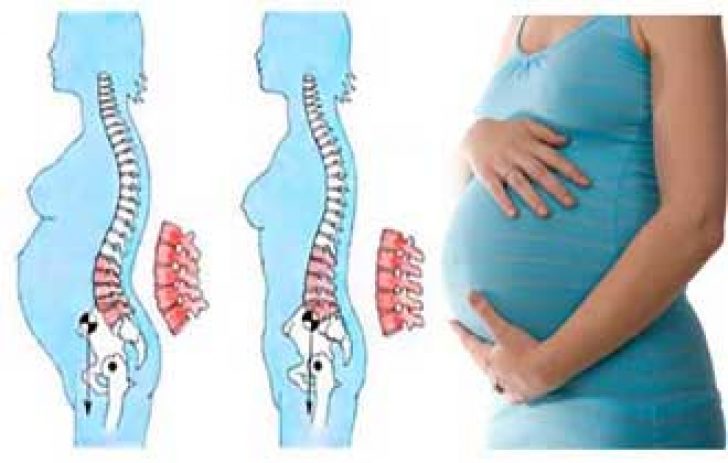
Healthdirect Australia acknowledges the Traditional Owners of Country throughout Australia and their continuing connection to land, sea and community. We pay our respects to the Traditional Owners and to Elders both past and present.
This information is for your general information and use only and is not intended to be used as medical advice and should not be used to diagnose, treat, cure or prevent any medical condition, nor should it be used for therapeutic purposes.
The information is not a substitute for independent professional advice and should not be used as an alternative to professional health care. If you have a particular medical problem, please consult a healthcare professional.
Except as permitted under the Copyright Act 1968, this publication or any part of it may not be reproduced, altered, adapted, stored and/or distributed in any form or by any means without the prior written permission of Healthdirect Australia.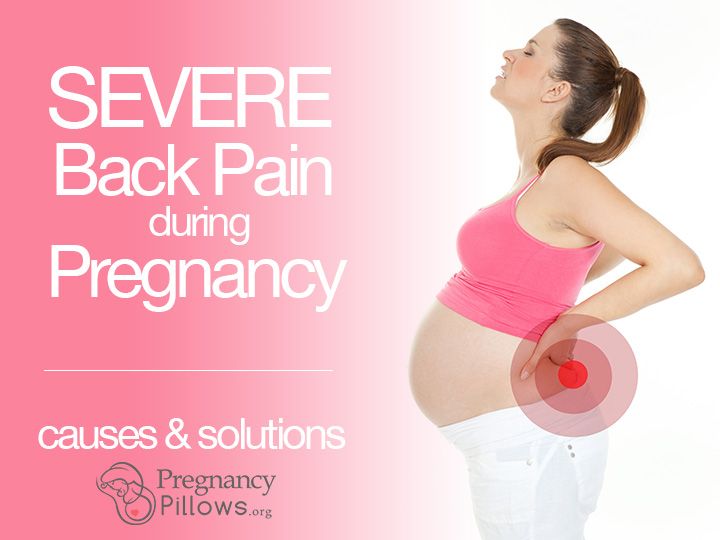
Support this browser is being discontinued for Pregnancy, Birth and Baby
Support for this browser is being discontinued for this site
- Internet Explorer 11 and lower
We currently support Microsoft Edge, Chrome, Firefox and Safari. For more information, please visit the links below:
- Chrome by Google
- Firefox by Mozilla
- Microsoft Edge
- Safari by Apple
You are welcome to continue browsing this site with this browser. Some features, tools or interaction may not work correctly.
Why pulls the stomach in the early stages of pregnancy?
Why does the stomach pull in the early stages of pregnancy? This question often worries expectant mothers, and at times leads to panic. When is discomfort pathology, and when is it normal?
Pregnancy is a special time for a mother and her baby. After all, the connection between them is inextricable, and every negative influence or stress affects both of them.
After all, the connection between them is inextricable, and every negative influence or stress affects both of them.
Possible causes of pain
Every woman dreams of having an easy pregnancy and no cause for alarm. However, a very common complaint among pregnant women is pain in the lower abdomen of a pulling or aching nature.
Complaints are so common that it is necessary to clearly understand when pulling sensations during pregnancy are pathological and require immediate medical attention, and when they are completely physiological and require only general recommendations. nine0003
Of course, pain in the lower abdomen can appear at any stage of pregnancy, however, most often women notice their appearance in the early stages of pregnancy.
Painful sensations in the abdomen during pregnancy are very diverse both in subjective sensations and in their localization, in intensity of occurrence. Pain can appear both at rest and after any physical activity.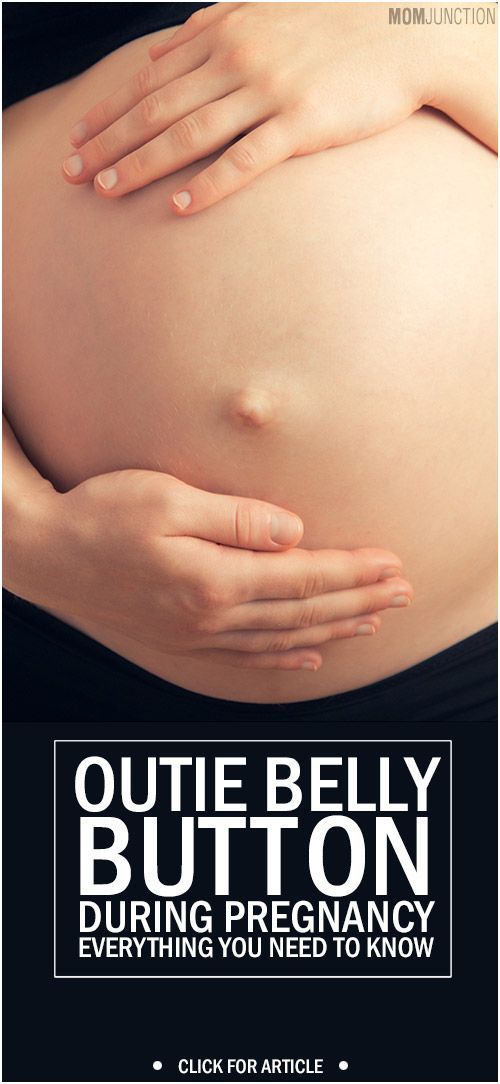 Unpleasant sensations can manifest themselves in one place, or radiate to other areas. nine0003
Unpleasant sensations can manifest themselves in one place, or radiate to other areas. nine0003
Unpleasant sensations in the lower abdomen are rarely avoided during pregnancy. These sensations can occur not only in pathology. During pregnancy, the uterus increases in size, there is a tension in its ligaments and muscles. In addition, there is a displacement of the pelvic organs. All this leads to the appearance of pulling or aching sensations in the abdomen. All these phenomena are manifestations of physiological changes that occur to a woman during pregnancy.
Of course, this state of fear does not cause and does not require any intervention on the part of the doctor. However, pulling pains in the lower abdomen are not always a physiological process. It happens that this indicates that the pregnancy proceeds with pathology and requires medical adjustment. nine0003
That is why, if there are pulling or aching pains in the lower abdomen, it is necessary to contact an obstetrician-gynecologist in order to accurately determine the cause of the pain.
Never self-medicate. Remember that you are responsible not only for yourself, but also for the little man that you carry under your heart.
Abdominal pain during pregnancy may be:
- obstetric;
- "non-obstetric".
Pain associated with pregnancy may be developmental:
- physiological changes during pregnancy;
- threatened miscarriage;
- missed pregnancy;
- ectopic pregnancy.
Pain not associated with pregnancy may occur with:
- inflammatory processes;
- pathologies of the digestive system;
- surgical diseases;
- diseases of other organs or systems.
Pain in the lower abdomen during pregnancy as a variant of the norm
Not all pain in the lower abdomen during pregnancy is a manifestation of pathology. Sometimes they can occur during the normal course of pregnancy.
As a physiological process, pain in the lower abdomen can occur in the following situations:
- sign of pregnancy;
- displacement of the pelvic organs by the growing uterus;
- stretching of the ligaments and muscles associated with the growth of the uterus.
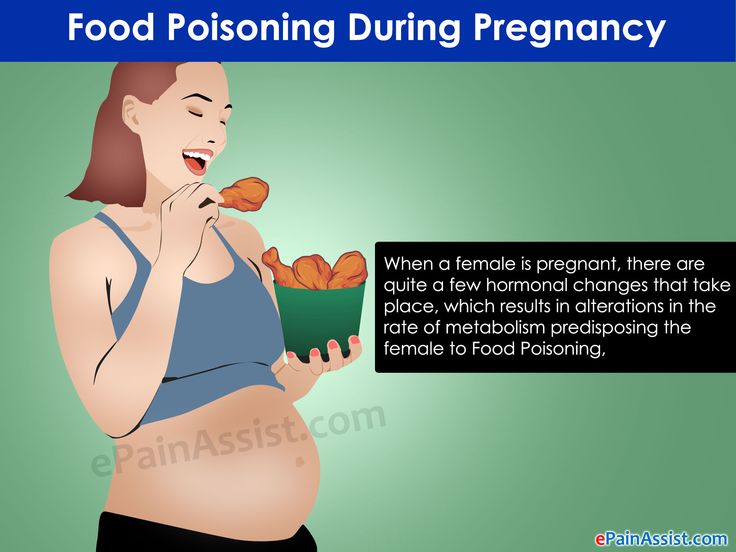 nine0034
nine0034
Abdominal pain is a sign of pregnancy
Finding out that you are pregnant is now not a big deal, because there are pregnancy tests. In addition, a delay in menstruation can serve as evidence of pregnancy.
All this is good when menstruation is regular and delayed by at least 14 days. In this case, the pregnancy test may be positive. However, do not forget that not all tests are highly accurate, so it can show two cherished strips much later than we would like. nine0003
Therefore, it is necessary to pay close attention to the sensations of your body, because it signals the onset of pregnancy long before the manifestation of a delay in menstruation.
If you assume that pregnancy is possible, then listen carefully to your body: it can send you a signal in the form of pulling pains in the lower abdomen. At the same time, the pains will differ in their intensity: one woman will say that the pains are unbearable, the other will not notice them at all.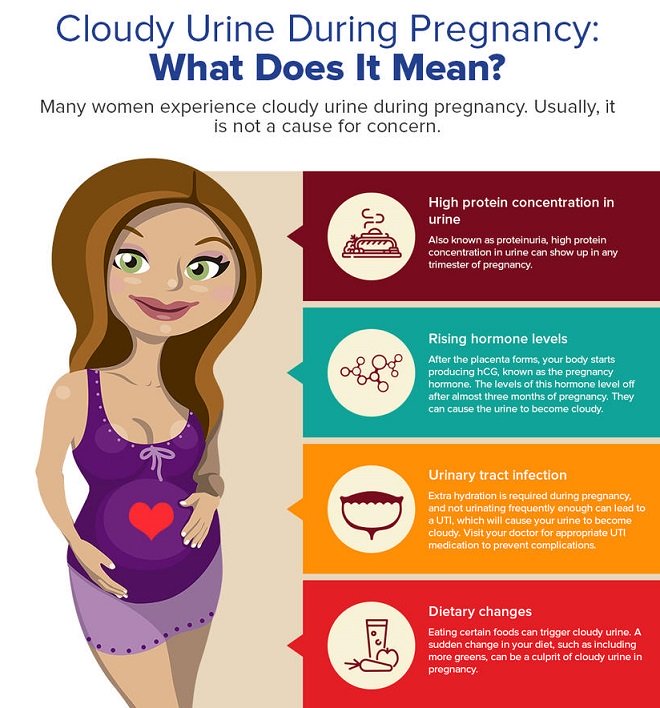 Each woman is individual. nine0003
Each woman is individual. nine0003
If each menstruation is preceded by unpleasant pain in the lower abdomen or lower back, you may not understand that once again they are associated with the onset of pregnancy.
Pain in the lower abdomen during pregnancy may be associated with the implantation process. To do this, you need to remember the process of fertilization of the egg by the sperm. After their fusion in the fallopian tubes, the fertilized egg enters the uterus under the influence of the movement of cilia in the fallopian tubes. The uterine endometrium is a loose mass where a fertilized egg is implanted. nine0003
The process of implantation is the insertion of a fertilized egg into the endometrium of the uterus. At this time, there is a violation of the integrity of the endometrium, which may be accompanied by unpleasant sensations in the lower abdomen. In addition, sometimes slight dark bloody discharge may appear from the genital tract, which can be perceived as the beginning of another menstruation.
Threatened miscarriage
A fairly common cause of pain in the lower abdomen is a threatened miscarriage. This condition is individual and does not depend on physical exertion or complete rest, but on the condition of the woman and her unborn child. nine0003
Among the reasons that may cause a miscarriage may be:
- severe physical exertion;
- sexual contact;
- malnutrition of the ovum;
- genetic disorders and other causes.
Of course, this is not evidence that a miscarriage will not occur with complete rest. Miscarriage can occur due to genetic abnormalities, and due to stress. No woman is immune from the threat of pregnancy loss. nine0008
That is why attention and sensitivity to the state of your body is so necessary, which will in every possible way send signals that the pregnancy is not going the way you want.
Threatened miscarriage is accompanied by:
- aching or pulling pains in the lower abdomen;
- aching or drawing pains in the small of the back or sacrum.

- bloody discharge from the genital tract.
If you have pain in the lower abdomen, you need to see a doctor, because a threatened miscarriage, if medical assistance is not provided, can turn into an abortion that has begun, the treatment of which is much more difficult, if not completely useless. nine0003
An ambulance should be called if:
- pain in the lower abdomen gets worse;
- pains begin to radiate to other areas;
- painful sensations do not go away for a long time;
- bloody discharge from the genital tract appeared.
Increased pain
If the pulling pains in the lower abdomen are weak, do not increase and do not radiate to other areas, then you can come to the antenatal clinic in the daytime on your own. This will not threaten serious complications of your condition. nine0003
If the pain becomes more intense, does not go away at rest, you should not self-medicate, take drugs without a doctor's prescription.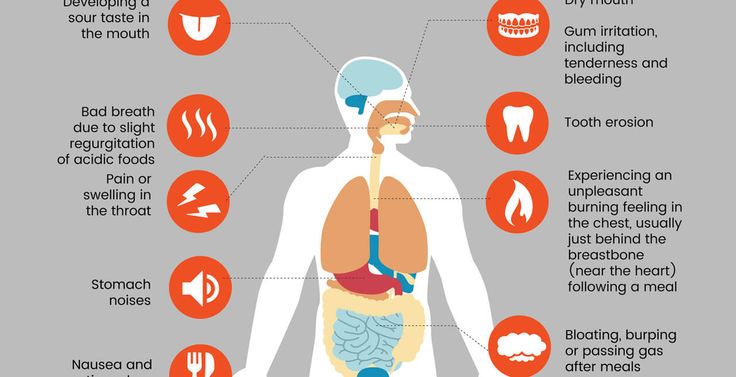
Do not put anything on the stomach. Both hot and cold application can contribute to the onset of a miscarriage. In addition, with the threat of termination of pregnancy, this manipulation will not remove the pain.
Localized pain
When a threatened miscarriage occurs, pain of a pulling or aching nature disturbs the pregnant woman in the lower abdomen. nine0003
If the pains have a clear localization in a certain place, most often on the right or left, then a mandatory consultation with a specialist is necessary, since an ectopic pregnancy or surgical pathology, such as appendicitis, may develop.
Bloody discharge from the genital tract
If bloody discharge from the genital tract has joined the pulling pain in the lower abdomen, urgent medical attention is needed. This phenomenon may indicate a miscarriage that has begun. nine0003
The discharge may be scanty, spotting or copious, dark or bright. In any case, you can not do without consulting an obstetrician-gynecologist.
There are situations when there is no pain, but there is bloody discharge from the genital tract. This case also requires specialist advice.
Any bloody discharge from the genital tract may indicate a miscarriage. Only timely treatment can contribute to the preservation and prolongation of pregnancy. nine0003
In some cases, the appearance of bloody discharge from the genital tract may be a manifestation of a miscarriage, which requires immediate medical attention.
Miscarriage
The fertilized egg does not always develop correctly. In some cases, there is a cessation of its division and death. Most often, missed pregnancy occurs due to any mutations. At the same time, the woman does not suspect that the pregnancy has stopped.
However, the dead fetal egg begins to be rejected on its own. At the same time, there are pulling pains in the lower abdomen, which are soon joined by bloody discharge from the genital tract.
When a miscarriage is diagnosed, curettage of the uterine cavity may be indicated. Conservative management is also possible, but this can only be determined by a specialist after consultation.
Conservative management is also possible, but this can only be determined by a specialist after consultation.
Ectopic pregnancy
Ectopic pregnancy most often occurs as a tubal pregnancy, when the fertilized egg does not reach the uterus, and the implantation process occurs in the fallopian tube. At the same time, the development of the fetal egg can continue for a long time without any manifestations, up to 12 weeks of pregnancy. However, most often such a pregnancy is interrupted at 6 to 8 weeks. nine0003
The fertilized egg develops and grows, which causes pain in the right or left side of the lower abdomen. The pains are unilateral, are obsessive, tend to increase.
In addition to pain in the lower abdomen, bloody discharge from the genital tract appears, and the pain begins to radiate to the leg from the side of the pain. There may be unpleasant sensations of pressure on the rectum. Medical surgery is the only way to save a woman's life. Preservation of pregnancy is impossible.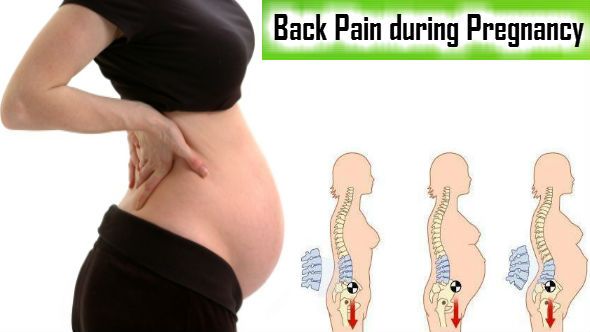 nine0003
nine0003
"Non-obstetric" causes of pain in the lower abdomen
Inflammatory processes
Among the "non-obstetric" causes of pain in the lower abdomen, the most common are inflammatory processes of the pelvic organs. If earlier it was believed that there could be no inflammation in pregnant women, now it has been proven that a decrease in the immunity of a pregnant woman awakens all pathological processes in her body.
Pain in inflammatory processes of the pelvic organs differ in their intensity. At the same time, they occur in the lower abdomen and most often have a pulling or aching character. nine0003
Pathology of the digestive system
Very often, pulling pains in the lower abdomen can occur in a pregnant woman due to problems with the digestive tract. During pregnancy, there is a decrease in intestinal contractility. In addition, there are significant changes in the hormonal background of a woman. Therefore, very often pregnancy is accompanied by constipation and bloating. To normalize digestion, a change in diet is recommended and mild laxatives can be taken. nine0003
To normalize digestion, a change in diet is recommended and mild laxatives can be taken. nine0003
Surgical pathology
Of the surgical pathologies that may be accompanied by pulling pains in the lower abdomen during pregnancy, acute appendicitis is the most common.
In the early stages of pregnancy, it is obligatory to differentiate obstetric and gynecological diseases from appendicitis, since it has similar symptoms. There are pains in the lower abdomen, which most often occur in the navel or stomach, and then descend to the right iliac region. Nausea, vomiting, fever joins. The only treatment is surgery. In this case, the pregnancy is preserved. nine0003
Diseases of other organs or systems
In addition to obstetric and surgical causes, which can cause pulling pains in the lower abdomen in early pregnancy, other body systems may also be involved in the pathological process. The most common lesion is the urinary tract.
Cystitis
Due to the anatomical features of a woman, cystitis can occur at any time and in any condition, so pregnant women are just as susceptible to it as non-pregnant women. nine0003
nine0003
The bladder, located in the lower third of the abdomen, may give false symptoms of threatened miscarriage.
Cystitis, in addition to pulling or aching pains in the lower abdomen, is accompanied by pain during urination, pain at the end of the act of urination. In addition, with cystitis, the urine may be stained with blood, and it is difficult to distinguish this from bloody discharge during a miscarriage.
In any case, it is necessary to consult an obstetrician-gynecologist, pass a general urine test, and then consult a urologist and treat the infection. Any infection can adversely affect the condition of the fetus, so timely treatment is the key to the normal development of your child. nine0003
Make an appointment with a gynecologist
For more details, consult a qualified specialist at the Semeynaya clinic.
To clarify the prices for a gynecologist's appointment or other questions, follow the link below:
Treatment of abdominal pain - OSTEOMED clinic network Pain in the abdomen during pregnancy can be of different localization and in most cases they do not conceal anything threatening.
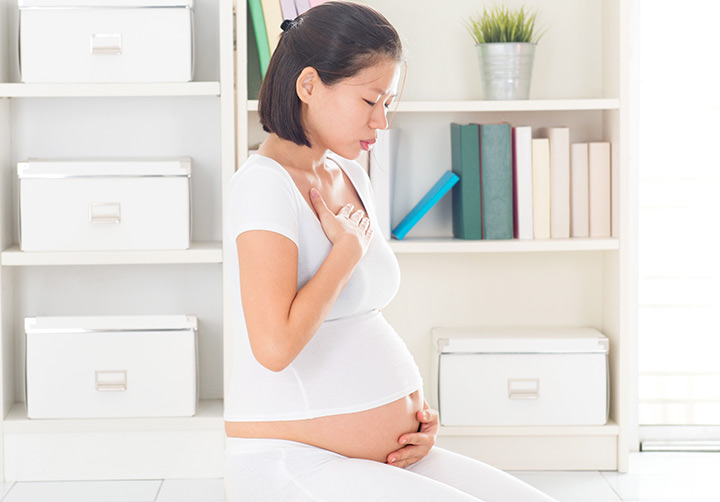 Basically, this is a normal reaction of the body to the increasing weight and growth of the uterus. The most hectic period of pregnancy is the first trimester, because ectopic pregnancy, spontaneous abortion and the like can take place here. Anxiety contributes to a lot of hormonal failure in the body. After all, during this period they need to quickly reorganize in a new way, which will allow them to endure, give birth to a healthy child without problems, and even set up proper lactation. Moreover, in each of these stages there is a certain hormonal jump, in which the emotional state of the pregnant woman is often changeable. nine0225
Basically, this is a normal reaction of the body to the increasing weight and growth of the uterus. The most hectic period of pregnancy is the first trimester, because ectopic pregnancy, spontaneous abortion and the like can take place here. Anxiety contributes to a lot of hormonal failure in the body. After all, during this period they need to quickly reorganize in a new way, which will allow them to endure, give birth to a healthy child without problems, and even set up proper lactation. Moreover, in each of these stages there is a certain hormonal jump, in which the emotional state of the pregnant woman is often changeable. nine0225 Quite often, pain in the lower abdomen is felt during pregnancy in the early stages. If they do not bring much discomfort, there is no spotting, as well as other symptoms of a possible pathology or disease, then treatment is not required. At the beginning of pregnancy, such pains can be associated with hormonal changes, in the middle - with the rapid growth of the uterus, and at the end - with the preparation of the uterus for childbirth.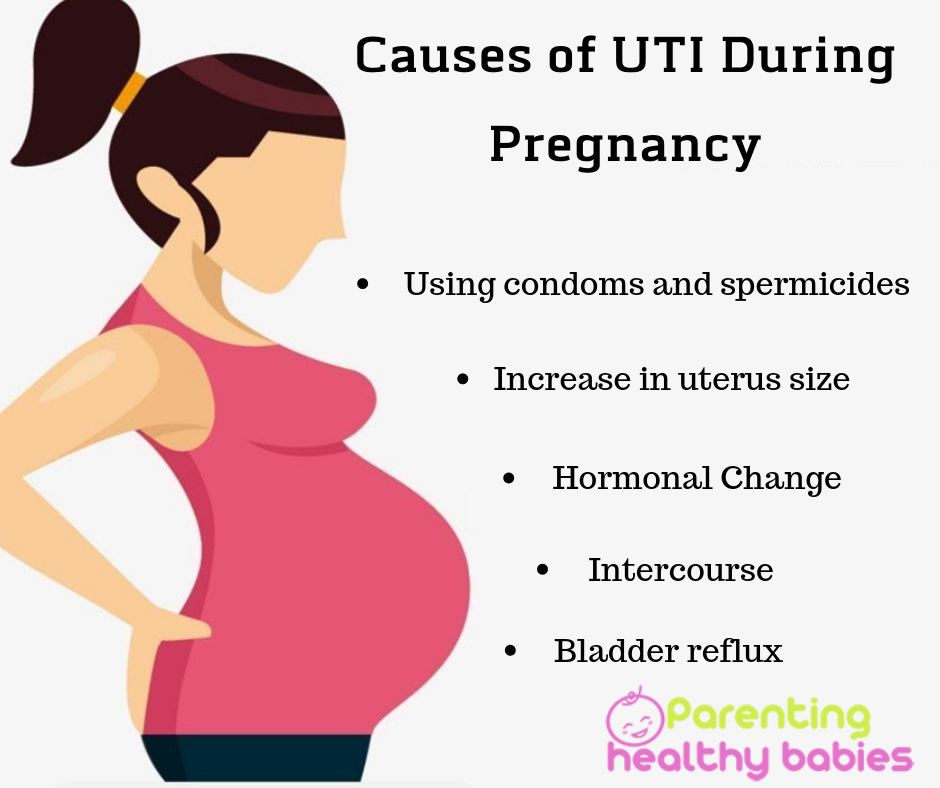
First trimester abdominal pain
If the stomach hurts during early pregnancy, then this does not always indicate some kind of pathology. With mild, rarely occurring and quickly passing pains, you should not worry. But for greater certainty, as soon as the test showed two strips, it is worth contacting a gynecologist as soon as possible. This will not only relieve the hassle, but also morally set you up for the upcoming event. With frequent aching, intense and cramping pains, it is urgent to find time and be sure to see a doctor. After all, this may indicate an ectopic pregnancy, which will require urgent surgical intervention. In addition, spontaneous abortion (miscarriage) can also be the cause. However, often, but not always, abdominal pain is accompanied by lower back pain and bleeding. If all indicators of pregnancy are normal, but the stomach still aches, this is explained very simply. The body is rebuilt, the tissues supporting the uterus become softer, looser, while the uterus itself grows and shifts, which contributes to tingling and sipping pains in the lower abdomen. nine0225
nine0225
Pain in the lower abdomen
Pain in the lower abdomen during pregnancy, and especially in the later stages, is often due to internal pressure, that is, the growing uterus presses on the internal organs, thus disrupting their full-fledged work. The intestine reacts very sensitively to the hormones of "pregnancy" with a decrease in motility, a violation of peristalsis, which is a common cause of constipation, bloating and colic. To avoid this, you need to move more often, eat foods rich in fiber (fruits, vegetables, whole grain bread) and, of course, drink more fluids. Also, pain concentrated in the lower abdomen can be caused by a sprain due to the rapid growth of the uterus, or it can be triggered by premature detachment of the placenta. In the latter case, urgent medical attention is needed, because irreparable harm can be done to the mother and child. In this case, rapid delivery and immediate stopping of bleeding are indicated. In addition, during pregnancy, new or exacerbated chronic diseases can develop, which can also give signals in the lower abdomen.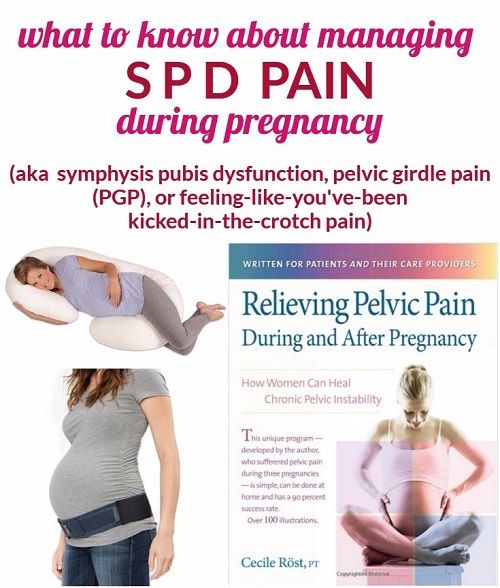 These are cholecystitis, intestinal dysbacteriosis and others. In some cases, emergency surgery is indicated, and therefore it is worth paying attention to the slightest changes in the nature of the pain. If there is even the slightest doubt, you should urgently consult a doctor, otherwise it may be too late. In addition, problems with the genitourinary system are quite possible, which can also provoke pain in the lower abdomen. nine0003
These are cholecystitis, intestinal dysbacteriosis and others. In some cases, emergency surgery is indicated, and therefore it is worth paying attention to the slightest changes in the nature of the pain. If there is even the slightest doubt, you should urgently consult a doctor, otherwise it may be too late. In addition, problems with the genitourinary system are quite possible, which can also provoke pain in the lower abdomen. nine0003
Uterine tone
Uterine tone is painless or slightly painful uterine contractions. If a pregnant woman feels a spasm in the lower abdomen, the stomach becomes like a stone (this is especially noticeable in the second half of pregnancy) - this is a tone. The tone is diagnosed by a gynecologist during an external examination. The fact that the tone was recorded on the ultrasound, contrary to popular belief, is not an indication for treatment and hospitalization. The uterus is a muscular organ, and it is quite normal that it contracts periodically.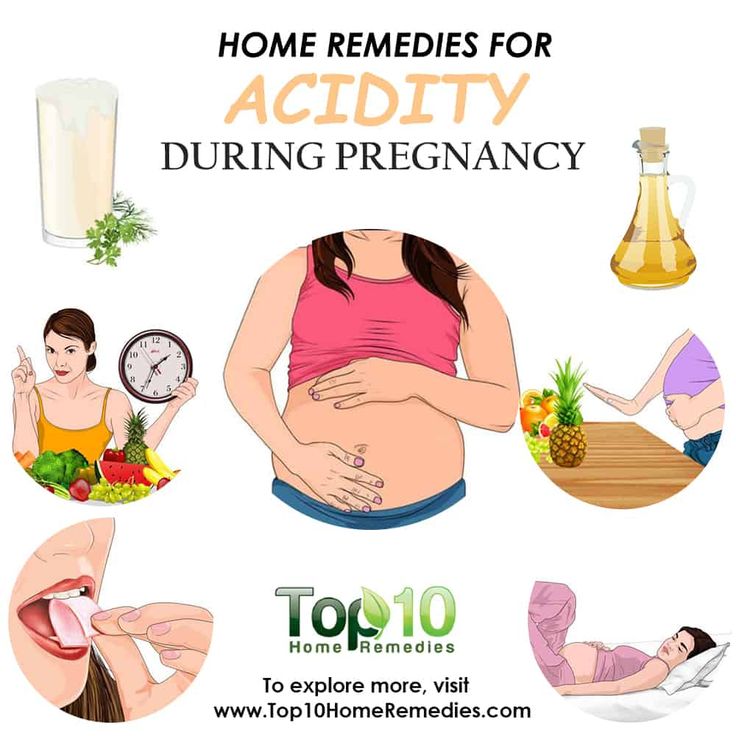 The key word here is periodically, and, of course, painlessly and for a short time. With uterine tone, doctors recommend taking a horizontal position, lying on your side, you can take an antispasmodic pill and use a Papaverine suppository. nine0003
The key word here is periodically, and, of course, painlessly and for a short time. With uterine tone, doctors recommend taking a horizontal position, lying on your side, you can take an antispasmodic pill and use a Papaverine suppository. nine0003
Preliminaries
As a rule, there are minor pains in the lower abdomen during late pregnancy - these are preparatory contractions. Thus, the uterus prepares for the upcoming birth. In some women, the uterus begins to “prepare” like this at 32 weeks, in others for 1-2 weeks, and someone either does not notice these weak contractions, or considers this the norm, and therefore does not pay attention. It is very important to learn to distinguish between preliminary contractions and true ones, those that begin already in childbirth. Preliminary contractions last for several seconds, and they are not regular, unlike true ones, and do not intensify. It has been observed that nulliparous women are more likely to experience pre-contractions than multiparous women. This kind of pain is removed very easily by non-drug methods - you can just take a deep breath, lie down and relax. In many cases, taking a warm (not hot!) bath helps. nine0003
This kind of pain is removed very easily by non-drug methods - you can just take a deep breath, lie down and relax. In many cases, taking a warm (not hot!) bath helps. nine0003
Gynecological pathologies
Those 4 reasons that we described above are variants of the norm. However, it is urgent to consult a doctor if these conditions are accompanied by bloody or brown vaginal discharge, clear or greenish vaginal discharge (they may turn out to be amniotic fluid), if the pain lasts for several minutes, is not relieved by antispasmodics and only increases when weakness appears, dizziness, flies before the eyes, etc. In a word, if the condition worsens. Such symptoms may indicate a threat or a spontaneous miscarriage, a frozen or ectopic pregnancy (when an early pregnancy, pain in the lower abdomen), premature or term birth, etc. nine0003
Other reasons
However, not always abdominal pain in expectant mothers occurs precisely because of gynecological problems and is a consequence of pregnancy.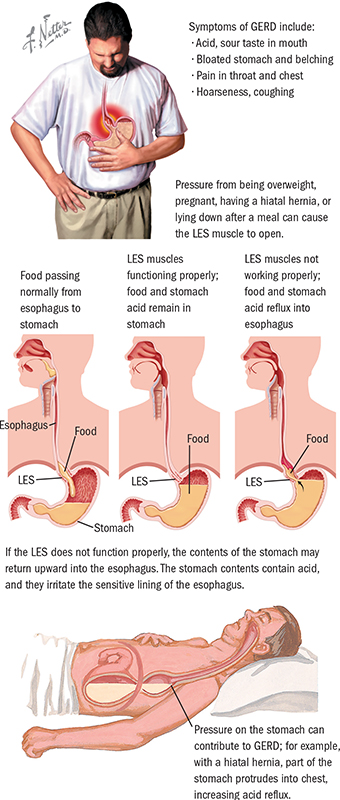 Here are some other possible reasons.
Here are some other possible reasons.
1. Cystitis and other diseases of the female excretory system. The ureter is located next to the internal genital organs, because this pain is often confused with "gynecological". Usually the pain occurs in such cases suddenly, has a "stabbing" character. Pain in the lower abdomen is accompanied by frequent and painful urination. The urologist treats the genitourinary system. You should not start the disease, because it is caused by an infection that is unsafe for the child. Folk remedies, like bearberry, do not help well, but the doctor can prescribe effective medications that are approved for use by pregnant women. nine0003
2. Problems with the intestines: diarrhea, constipation, bloating. It should be noted that the last 2 are frequent occurrences in expectant mothers. Constipation is caused by a decrease in physical activity, displacement of internal organs due to the growth of the uterus, malnutrition, and insufficient fluid intake. Bloating is caused by the consumption of appropriate foods, as well as soda. Sometimes it is enough to go to the toilet for the pain in the abdomen to go away if it's constipation.
Bloating is caused by the consumption of appropriate foods, as well as soda. Sometimes it is enough to go to the toilet for the pain in the abdomen to go away if it's constipation.
3. Poisoning or rotovirus infection. Their symptoms are very similar. Usually it all starts with cramping pains in the lower abdomen, sometimes the pain goes to the navel. Then comes diarrhea and/or vomiting. nine0003
4. Appendicitis. If you have pregnancy, pulling pains in the lower abdomen do not always indicate tone or minor ailments, this may be a symptom of appendicitis, especially if the pain is right-sided, accompanied by fever. The correct diagnosis can be made by the surgeon. If the pain does not go away within an hour or two, but only increases, you should not attribute everything to an intestinal disorder and drink drugs like "smecta", this is very dangerous. If surgery is not carried out in time, it can lead to peritonitis. nine0003
And this is not all the reasons. Pregnant women, not for the first time, can quite easily distinguish the pain caused by uterine spasm from other types of pain. But in any case, it does not hurt to see a doctor.
But in any case, it does not hurt to see a doctor.
Upper abdominal pain
Pain at the top of the abdomen during pregnancy mainly occurs in the later stages. Their cause is the same uterus, which is constantly growing, slowly begins to reach the upper organs of the peritoneum. This primarily affects the liver, gallbladder, stomach, pancreas, disturbances in which lead to symptoms such as belching, bitterness in the mouth. In addition, very often in the last trimester of pregnancy, the stomach throws gastric juice up the esophagus, causing considerable discomfort. To avoid these unpleasant moments, you need to eat a balanced diet, which should be eaten in small portions. It is desirable, of course, to exclude fried, spicy, too salty and too sweet. nine0003
Stitches
Stinging abdominal pain during pregnancy occurs for many reasons. This may be stagnation of feces in the intestines, which also provokes flatulence and constipation. By the way, the latter, in the future, can become one of the causes of hemorrhoids. It is also necessary to pay attention to the intensity of pain. If it is weak, rarely occurring, then you should not dwell on it. But if the pain is severe, especially sharp, you need to consult a doctor. Acute pain may be due to the development of appendicitis, inflammation of the gallbladder (cholecystitis), pancreas. Often, during the filling of the bladder, expectant mothers complain of pains of a pulling nature in this area, which turn into stitches, and become more painful when urinating, which indicates cystitis. In addition, stabbing pains may indicate the presence of infectious diseases, which are most often sexually transmitted. nine0003
By the way, the latter, in the future, can become one of the causes of hemorrhoids. It is also necessary to pay attention to the intensity of pain. If it is weak, rarely occurring, then you should not dwell on it. But if the pain is severe, especially sharp, you need to consult a doctor. Acute pain may be due to the development of appendicitis, inflammation of the gallbladder (cholecystitis), pancreas. Often, during the filling of the bladder, expectant mothers complain of pains of a pulling nature in this area, which turn into stitches, and become more painful when urinating, which indicates cystitis. In addition, stabbing pains may indicate the presence of infectious diseases, which are most often sexually transmitted. nine0003
Left abdominal pain
Abdominal pain on the left during pregnancy can be caused by various diseases of the internal organs. They can signal various lesions of the stomach and pancreas, the splenic flexure of the colon and, in fact, the spleen itself, as well as the left kidney.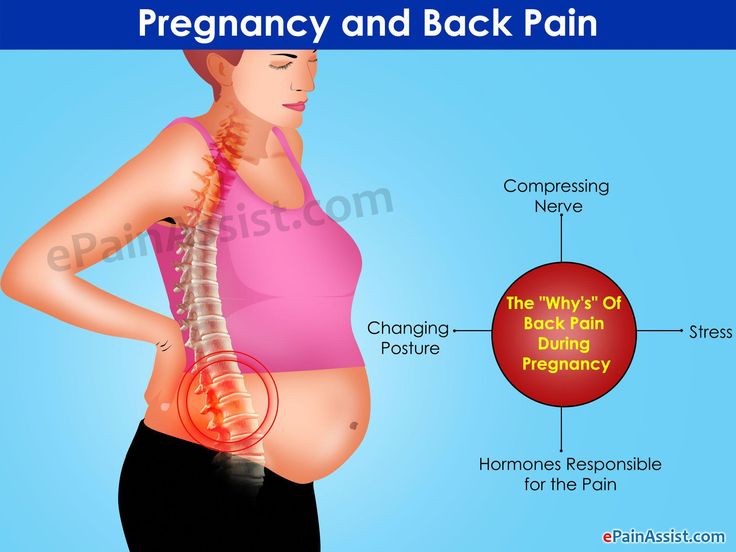 In addition, pain localized in the left side of the abdomen is possible when a hiatal hernia occurs.
In addition, pain localized in the left side of the abdomen is possible when a hiatal hernia occurs.
Abdominal pain on the right
Abdominal pain on the right during pregnancy most often occurs with diseases of the gallbladder, liver, duodenum, and right kidney. If the pain is accompanied by other symptoms, you should consult a doctor. For example, the symptoms of inflammation of the gallbladder include not only pain in the right side of the abdomen, but also nausea and vomiting (which are often confused with toxicosis). As a rule, following a salt-free diet with the complete exclusion of fatty, fried and spicy foods helps to cope with this problem. Possible formation of sand or kidney stones. Basically, during pregnancy, they try not to affect this organ, because it is of great importance when carrying a child. But if the doctor sees some kind of pathology or the hopelessness of the current situation, which can affect the further course of pregnancy, then measures will be taken to eliminate the cause of pain, with the maximum benefit for the fetus and woman. nine0003
nine0003
Pain in the abdomen when walking
Often, the stomach hurts when walking in a pregnant woman, causing some discomfort. Basically, this problem concerns the second and third trimesters of pregnancy, that is, those periods when the uterus begins to actively grow, thereby causing a change in the center of balance. This is one of the reasons for the so-called duck walk. Many pregnant women are ashamed of this and try hard to walk the same way as they used to walk, which causes pain. The second reason is the softening of the joints located between the pelvic bones. Thus, the body prepares for the passage of the baby through the birth canal. To reduce or even get rid of pain, you should pay attention to the position of your body when walking. The correct position of the torso during pregnancy is to take the shoulders back, shifting the center of gravity from the toe to the heel, and the use of a special bandage for pregnant women will also bring invaluable help, which will not only reduce the load from the abdomen, but also remove tension from the spine.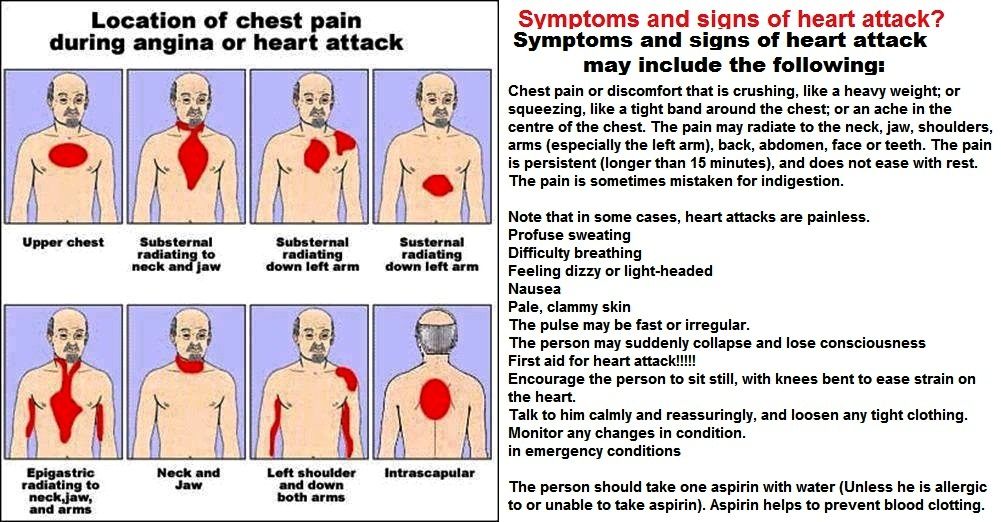 nine0003
nine0003
Severe pain
The stomach hurts a lot during pregnancy during the course of some, at least not very good changes. Normally, there should be no severe pain. But if they have already arisen, then you should not endure them, it is imperative to consult with the local gynecologist. Severe pain can be the result of ectopic pregnancy, placental abruption, miscarriage, premature birth, as well as diseases associated with inflammation and chronic diseases of the internal organs. In principle, in any of these cases, it is necessary to call an ambulance as soon as possible, because untimely assistance can lead to disastrous consequences. The most important thing in this matter is not to miss the precious time that can give life to a small miracle, and maybe more than one. nine0003
Abdominal pain can be of different localization, intensity and etiology. If you have any doubts about this, you should immediately consult a doctor. If other symptoms, such as nausea, vomiting, dizziness, loss of consciousness, and the like, join pain in the abdomen, you should urgently, without delay, call an ambulance.